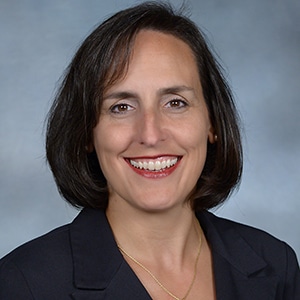
Dementia is a general term for memory loss and decline in reasoning or thinking skills. It’s caused by physical changes in the brain.
Alzheimer’s disease is the most common cause of dementia, accounting for 60 to 80 percent of dementia cases, but there are many other kinds including Creutzfelt-Jakob disease, Parkinson’s disease dementia and Lewy body dementia.
Typically, the signs of dementia begin slowly and there is no one test to determine if someone has it. Doctors diagnose dementia based on medical history, lab results, a physical examination and by learning about changes in thinking and day-to-day functions of the patient. Determining the exact type of dementia can be more difficult.
Experts believe dementia develops from multiple factors, but there are some risk factors to pay attention to:
- Age: Most people with dementia are 65 or older. After the age of 65, the risk of Alzheimer’s doubles every five years.
- Family history: If your parent or sibling has Alzheimer’s, you are more likely to develop the disease.
- Head injury: Researchers have found links between head injury and the risk of dementia.
There is no cure for dementia and no way to guarantee you will not develop it, but there are things you can do to reduce your risk:
- Stay physically active
- Eat a healthy diet
- Stay mentally and socially active
- Quit smoking
- Take care of your heart health
- Wear a seat belt
- Use a helmet when playing contact sports or riding a bicycle
- Manage your mental health
University of Louisville Trager Institute/Republic Bank Foundation Optimal Aging Clinic offers leading-edge programs offers leading-edge programs to support long-term brain health and help prevent and reduce the symptoms of dementia. To learn more or make an appointment, visit TragerInstitute.org/Our-Services.









